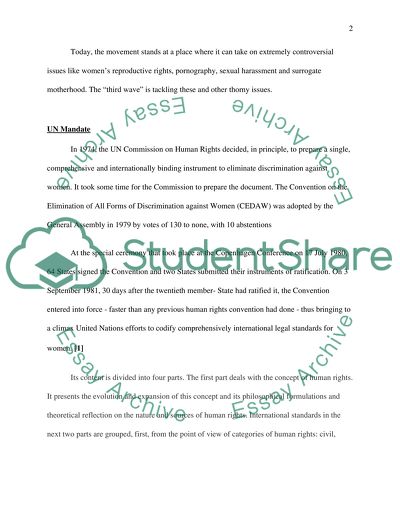Cite this document
(“Women Rights Denial by Governments and Individuals Essay”, n.d.)
Retrieved from https://studentshare.org/social-science/1505878-women-rights-denial-by-governments-and-individuals
Retrieved from https://studentshare.org/social-science/1505878-women-rights-denial-by-governments-and-individuals
(Women Rights Denial by Governments and Individuals Essay)
https://studentshare.org/social-science/1505878-women-rights-denial-by-governments-and-individuals.
https://studentshare.org/social-science/1505878-women-rights-denial-by-governments-and-individuals.
“Women Rights Denial by Governments and Individuals Essay”, n.d. https://studentshare.org/social-science/1505878-women-rights-denial-by-governments-and-individuals.


